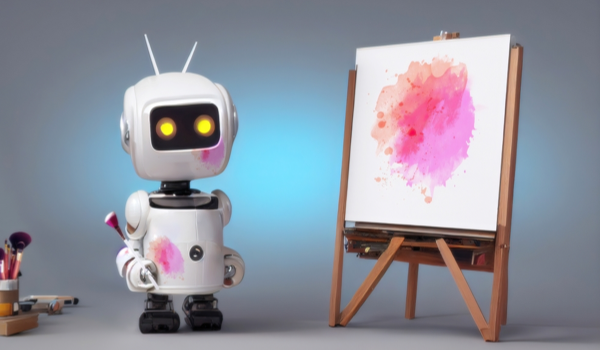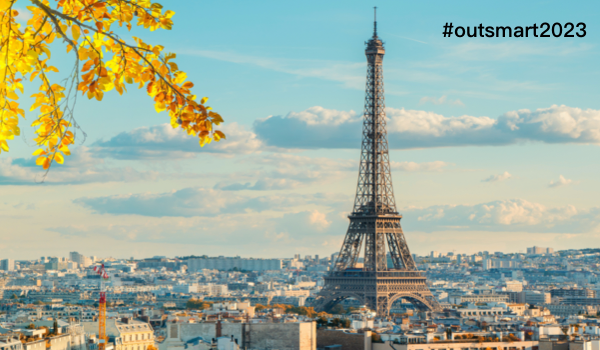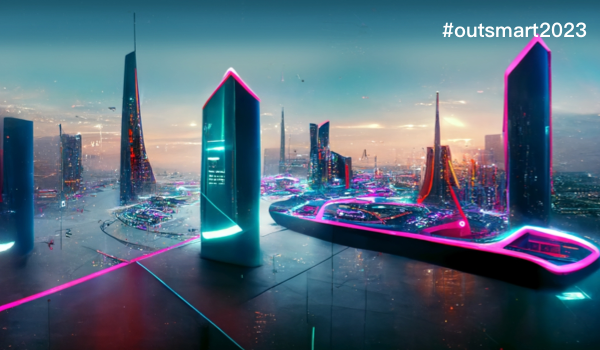


WASHINGTON, DC - The hospitality industry is undergoing a profound transformation with AI and robotics taking center stage, and the COVID-19 pandemic has turbocharged this trend. From hotels to restaurants and senior living, these technological marvels are reshaping the guest experience, streamlining operations, and elevating service quality. This article will examine the myriad benefits AI and robotics bring to the hospitality and healthcare sectors in particular.
Enhanced experiences
Imagine arriving at a hotel to be greeted by a humanoid robot that assists with check-in, answers queries, and even ushers guests to their rooms. AI-powered chatbots seamlessly engage with guests on websites and mobile apps, providing instant responses to inquiries and offering personalized recommendations. These interactions create a lasting positive impression, making guests feel valued and catered to.
Efficient operations
AI and robotics are revolutionizing the operational landscape of hospitality businesses. In many restaurants - especially chains - automated order-taking systems reduce wait times and streamline the dining experience. Smart robots deliver dishes to tables, ensuring prompt service and minimizing errors. In hotels, robots efficiently handle housekeeping tasks, room service, and even luggage transportation, freeing up human staff to focus on high-touch interactions. Robots work autonomously to clean floors (both scrubbing and vacuuming), interact with elevators, and - unlike humans - do multiple deliveries on one trip and work 24/7, reducing labor needs during off hours.
24/7 healthcare monitoring
The United States’ government agency the Centers for Medicare & Medicaid Services recently proposed a first-ever mandatory staffing minimum for nursing homes, which in theory should help to at least partially address staffing shortages. Unfortunately, top-down mandates will not solve the problem - tech must play a greater role in easing these chronic, structural staffing shortages. This is more than just an academic concern: It is already becoming reality.
This proposed federal rule provoked a swift backlash from many leaders in the caregiving industry, who balk at the idea that a pool of nurses is readily available to draw from to immediately meet such mandates. They have a point - statistics show a global shortage of 18 million workers by 2030.
The good news is that one of the main hurdles of the draft rule - which mandates 24/7 registered nurse coverage - is already being met or can be in many skilled nursing facilities. This is thanks to new monitoring technologies that send alerts and take action in patient rooms when there are episodic events such as a fall or unusual vitals patterns.

Such virtual nurses or virtual care companions are a huge help. The return-on-investment calculation used by existing skilled nursing and home health facilities for after-hours or live-in aides is roughly as follows:
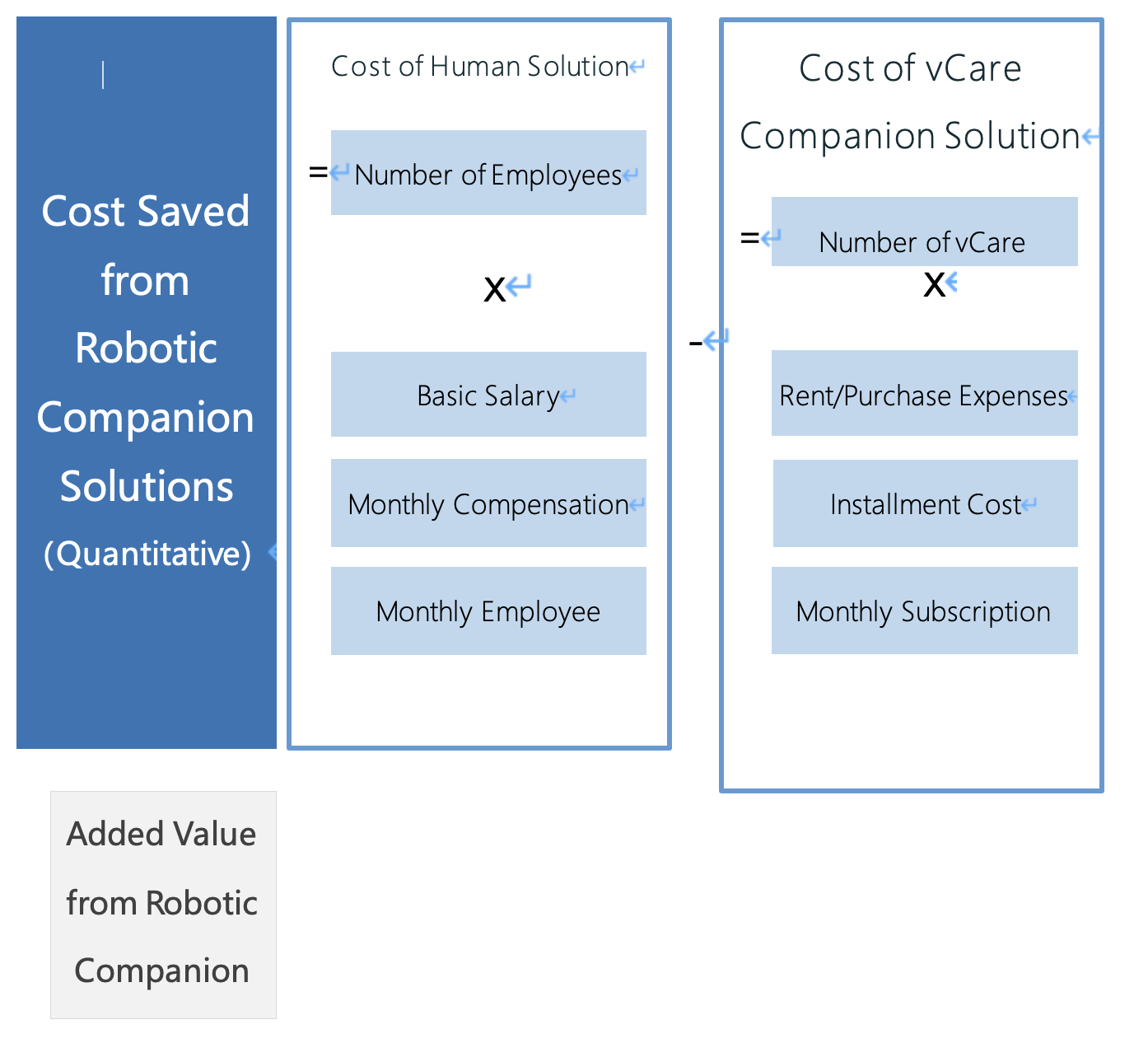
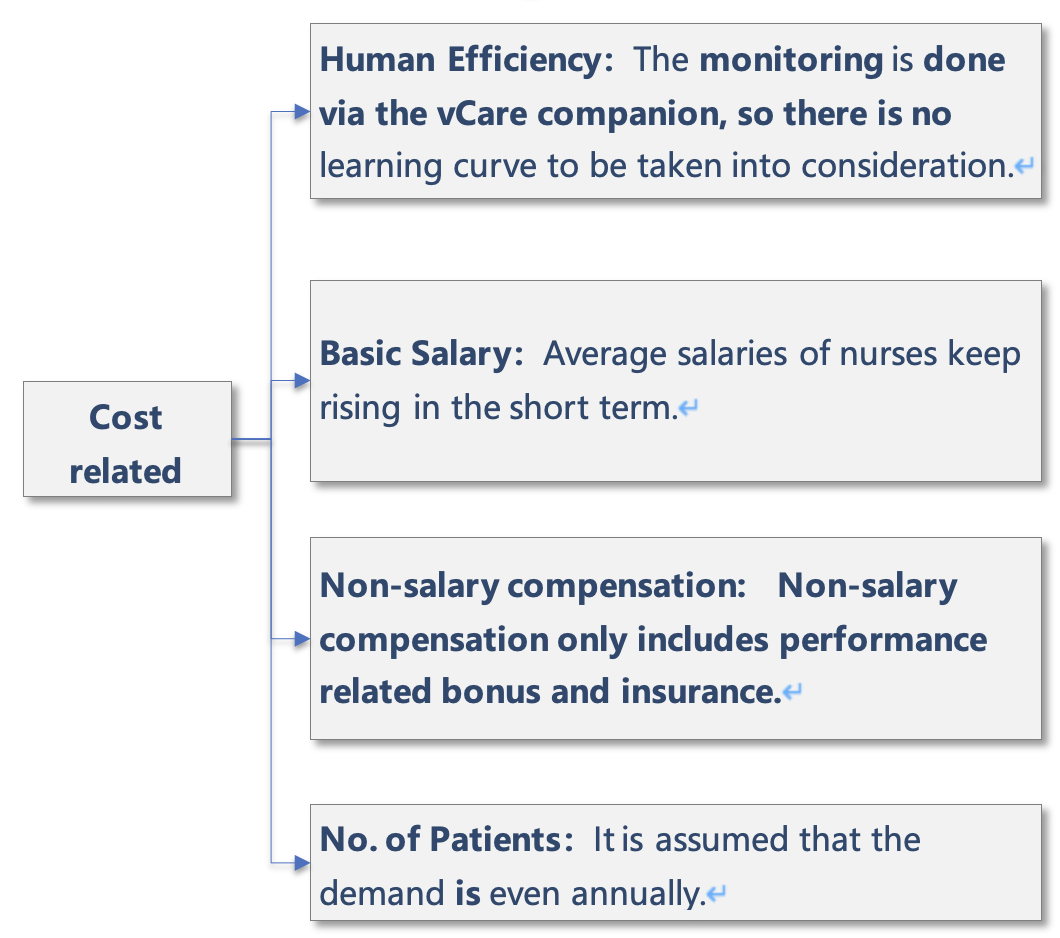
Data-driven insights
AI is a treasure trove of data analytics, collecting and analyzing guest preferences, behaviors, and feedback to offer valuable insights that shape business strategies. These insights empower hospitality providers to tailor services, create targeted marketing campaigns, and anticipate trends, thereby enhancing customer satisfaction and driving revenue growth. AI also helps address labor shortages, both directly - through robots and virtual systems - and indirectly - by reducing inefficiency to make better use of available resources like labor.
Personalized offerings
AI processes vast amounts of data. Without it, businesses could not offer experiences as personalized as those available today. Hotels customize room preferences, amenities, and services based on guest history and preferences. Restaurants suggest menu items based on dietary preferences, allergies, and past orders. This personal touch not only delights guests but also fosters loyalty.
Translation, accessibility
In an increasingly globalized world, AI-powered translation tools break down language barriers. Chatbots and voice assistants communicate with guests in their preferred language, making international travelers feel more at home. AI also assists by providing accessibility options such as real-time captioning and visual impairment aids, ensuring inclusivity for all guests.
Security, safety
Robots equipped with AI enhance security measures in hospitality and education establishments. AI-powered cameras identify suspicious activities and unauthorized access to minimize security risks. In emergencies, robots can even guide guests to safety and provide essential information, acting as a virtual concierge in times of need.
Cost efficiency, scalability
Automation through AI and robotics reduces dependency on human labor for routine tasks. This not only leads to cost savings but also allows businesses to allocate resources more efficiently. As the demand for services grows, AI-powered systems can easily scale up to meet requirements without compromising quality.
Robotics and AI have undeniable advantages, but they cannot and should not replace humans altogether - to provide truly outstanding customer service, one must strike a balance between technology and human connection. One should also acknowledge that jobs will inevitably be lost - just like with any technological evolution, this will eliminate the need for humans in many parts of traditional business. On the flip side, AI and robotics are at least partly making up for this by creating new opportunities within the hospitality business, due to the savings generated and increasing need for more specialized labor.
While the negative aspects of this transition are undeniable, the benefits far outweigh them, especially as the status quo becomes ever more untenable. The worldwide service robotics market is expected to see exponential growth over the next few years, with the hospitality industry serving as one of the primary factors influencing this growth. AI and robotics are ushering in a new era of hospitality that marries technology with a human touch. From the moment guests enter an establishment to the time they check out, these innovations are reshaping experiences, enhancing operations, and driving profitability. As the hospitality industry continues to embrace AI and robotics, the journey toward excellence becomes seamless, personalized, and truly unforgettable. The same logic applies in healthcare as well, particularly in nursing homes and other long-term care facilities.
This offers hope for the future and is a powerful example of AI not replacing people but helping them do their jobs better and even improving the quality of those jobs.
The content herein is subject to copyright by The Yuan. All rights reserved. The content of the services is owned or licensed to The Yuan. Such content from The Yuan may be shared and reprinted but must clearly identify The Yuan as its original source. Content from a third-party copyright holder identified in the copyright notice contained in such third party’s content appearing in The Yuan must likewise be clearly labeled as such. Continue with Linkedin
Continue with Linkedin
 Continue with Google
Continue with Google









 1116 views
1116 views






